Early childhood sport
A key legacy pledge of London 2012 was to inspire a generation and get the nation physically active. Katherine Selby looks at the initiatives.
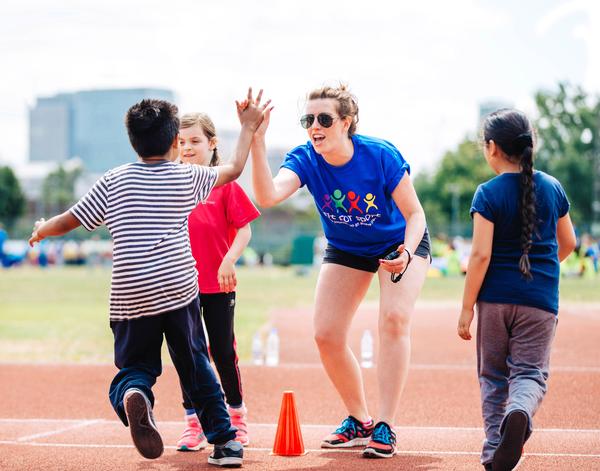
This year marks the 10th anniversary of London winning the bid to host the 2012 Olympic Games. At the time, Lord Coe promised the Games would inspire a generation and create a legacy of physical activity and sporting success – pledges which were embraced by those working in the sport and physical activity sector. Yet a decade later, physical activity in the UK has fallen by more than 20 per cent – and is forecast to drop a further 35 per cent from current levels by 2030.
Of major concern is that inactivity starts in early childhood. Only half of seven-year-olds are meeting recommended physical activity guidelines of 60 minutes per day and less than half of schools record the length of time children actually spend being physically active in PE lessons. Older children’s activity levels don’t fare well either, with secondary school aged children dropping out of sport at an alarming rate.
The problem of inactive kids has been recognised, with the leisure industry, government and numerous professional bodies taking steps to address the challenges. Initiatives such as the cross party commission on physical activity and ukactive Kids – a newly launched, children-specific division of industry body ukactive – are encouraging. So while there remains a gap between the legacy aspirations announced in 2005 and reality, the continued emergence of activity projects and programmes indicate there is a real desire to tackle the issue. It seems that for every damning report on how inactive children are, there’s an exciting new programme underway. For every critic, an inspirational individual or company coming up with new ideas. Look closely and you’ll see that some of Britain’s finest physical activity ‘architects’ are successfully building bridges to close the gap.
Catch them young
As the challenge of inactivity starts young, it makes sense to start the solution when children are young. Chris Wright, head of health at the Youth Sport Trust (YST), says that a good age could be as young as two. YST created the Smart Start Club for pre-school children – in partnership with YMCA – which supports the Early Years Foundation Stage framework and gets kids ready for school by developing their cognitive and social development.
“At this very young age children love to be on the move and we aim to get them moving correctly,” says Wright. “We are looking to develop co-ordination, cognitive skills and enjoyment in activity so they can maximise the opportunities when they join primary school. Currently the Early Years Foundation curriculum doesn’t have a section for physical activity and we believe it needs to be added in order to be taken seriously, measured and valued.”
Working with pre-school children inevitably requires buy-in from parents, so the Smart Start Club provides plenty of simple activities for families to do at home. Not only does this help children learn through play, but parents gain an appreciation of the difference activity makes and instills in them a desire to encourage their child for years to come.
The Youth Sport Trust trains early years teachers to implement their programme, giving them enhanced skills and additional qualifications. “Everyone must take early years activity seriously and prioritise it: from Public Health England down,” believes Wright. “It’s never too early to offer children structured activities.”
Physical Literacy
Primary school children are measured in subjects such as maths, English and science but when it comes to physical literacy, parents and teachers are completely in the dark and this concerns Dean Horridge, chair of ukactive Kids and CEO of Fit For Sport. “We must bring the measurement of PE in line with that of academic subjects. All involved – including parents – need to recognise the impact good physical and cognitive health can have on a child’s life”, he says.
Fit For Sport recently completed a second successful pilot of its Engage To Compete programme which boosts and measures levels of physical activity among primary school children. More than 10,000 children and 600 teachers across 66 schools in London and Birmingham took part in the programme which was supported by nearly £200,000 of National Lottery funding from Sport England. Engage to Compete brings structure, focus and fresh new activities to the playground. It is designed to engage all children and trains teaching assistants to deliver the activities. The key partners in the programme include local councils and leisure centre providers. Their involvement includes providing services and facilities for large scale, motivational events – such as bringing together 1,000 children from local schools for a Legacy Games Day, hosting family activity days and offering incentives and discounts to encourage further activity out of school.
“Fit For Sport is a valued partner for GLL and the Engage to Compete programme has proved to be an innovative way to engage primary school pupils in challenging, fun activities with a measurable outcome,” says Phil Lane, head of sport & community participation for GLL. “The large numbers involved in the London Borough of Tower Hamlets are hugely encouraging and we are looking to build on this success with Fit For Sport.”
“Fit For Sport is working to broaden attitudes towards physical activity so that people see it as more than just PE lessons or sports training,” says Horridge.
“Engage to Compete shows how successful realignment of attitudes among teachers, teaching assistants and head teachers ensures every child can be engaged in fun activities at school, even if they shy away from team sports or more traditional forms of exercise.”
Engage to Compete meets several of the recommendations listed in the ukactive Generation Inactive report released in May, including: adopting a whole school approach, ensuring an effective PE curriculum is built into teacher training, providing support, measuring improvement and giving guidance to schools.
Fun and funding
The YMCA works with a number of schools and leisure partners to create and deliver programmes. It is seeing more and more schools choosing to use their legacy funding to pay for sports activity and training. Danny Potts, Y Active programme manager at the YMCA welcomes this and believes a more joined up approach working with schools and partners is needed. “Leisure providers are definitely ready to help and the best way for schools to access these services is from a consistent sustainable funding stream earmarked for such activities,” he says. “A key aspect to success is offering a variety of activities, not just conventional sports, to appeal to all children.”
The trouble with teenagers
Establishing healthy habits early on is one thing: engaging teenagers in activity needs a very different approach. Older children’s activity levels drop dramatically, unless they play school or club sport.
Physical activity can benefit teenagers in many ways and should not be singular in its approach. Developing programmes simply to get teenagers fit is to miss the point: physical activity has great potential to help teens build life skills and cope with issues they typically face – such as stress, body image issues, self-confidence and exam pressure. In May 2015, YST started the PE 2020 programme at the specific request of the Northampton public health team to run in partnership with the local charity Young Healthy Minds. More than just a physical activity project, it is a bespoke strategy for secondary schools – each school has activities developed individually for them to meet their exact needs – which helps improve the social and emotional wellbeing of pupils.
This is an excellent example of bringing together local partners from sport, education and health fields. The collective response to local issues not only makes it of immediate relevance and benefit, it also ensures the various interested parties help support and implement it.
“This project is fulfilling a local need to help teenagers navigate this tricky stage of their life by easing stress, building confidence and creating friendships,” says Wright. “I’d love to see similar programmes set up but fear that until physical activity is valued and measured like academic subjects, head teachers will struggle to prioritise it,” he warns.
Local partnerships, intuitive programmes, tailored training support and a shift away from ‘pure sport’ towards engaging activity seem to be the way forward to bridging the gap. The leisure industry has the necessary skills and tools. If put in the right hands, the new approach could be a game changer.

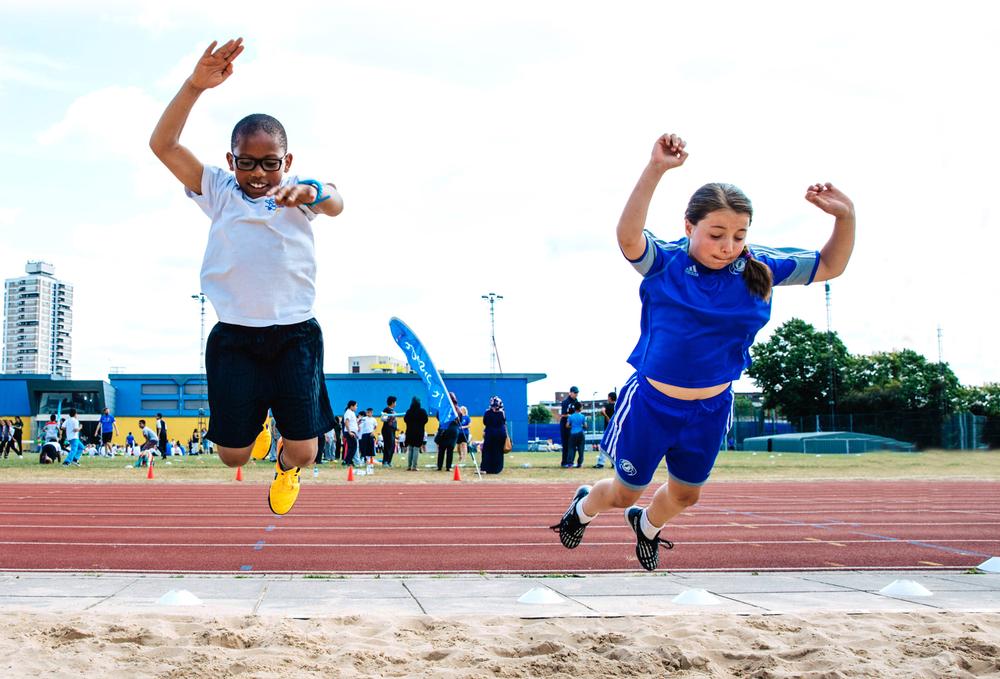

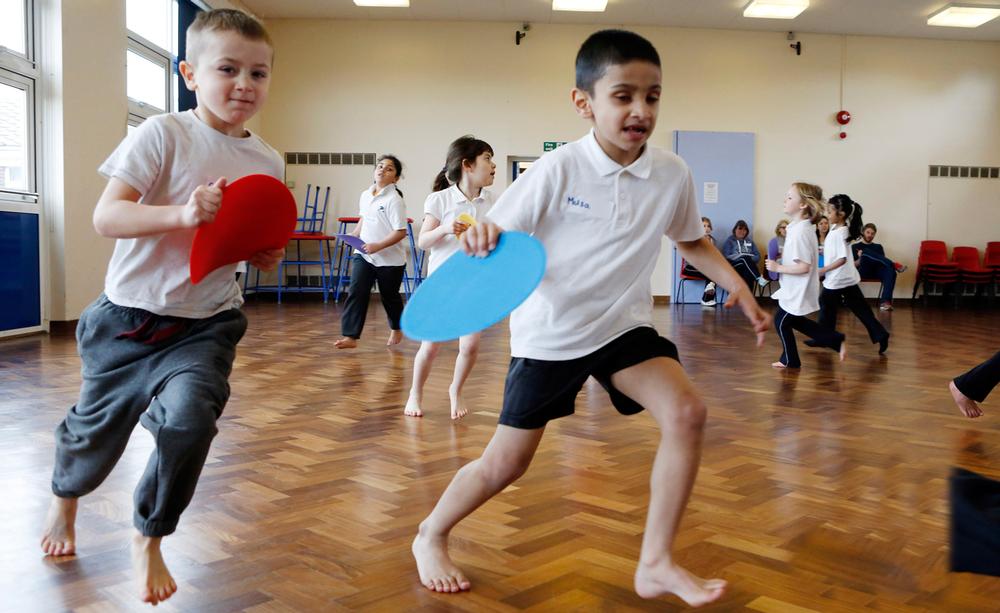
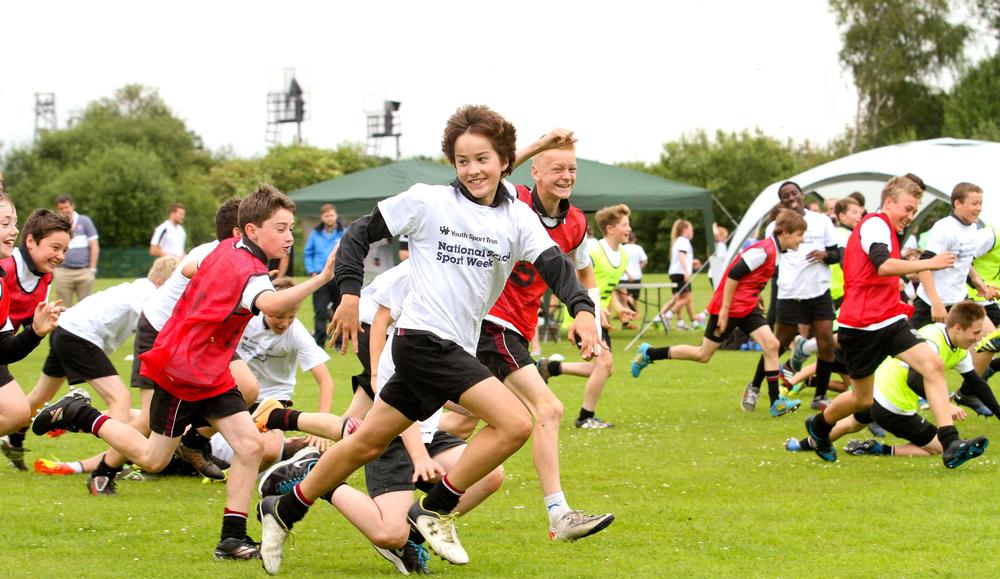
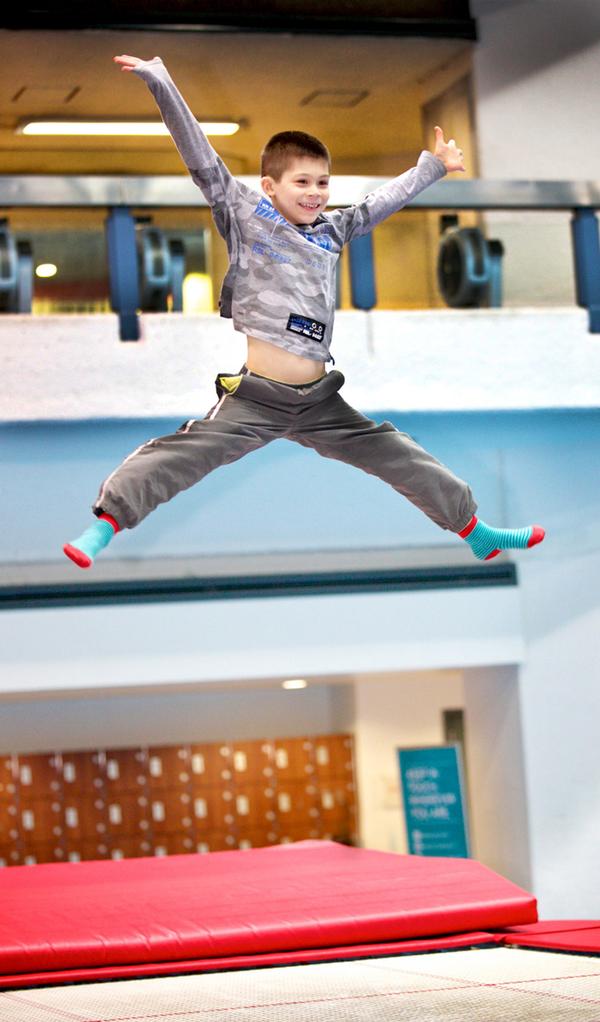
Team Leader (Harrow School Fitness Club)
Centre Manager
Director of Operations
Fitness Motivator
Recreation Assistant/Lifeguard (NPLQ required)
Membership Manager
Recreation Assistant
Swim Teacher
Swim Teacher
Chief Executive Officer, Mount Batten Centre
Swim Teacher
Swimming Teacher
Swimming Teacher
Company profile
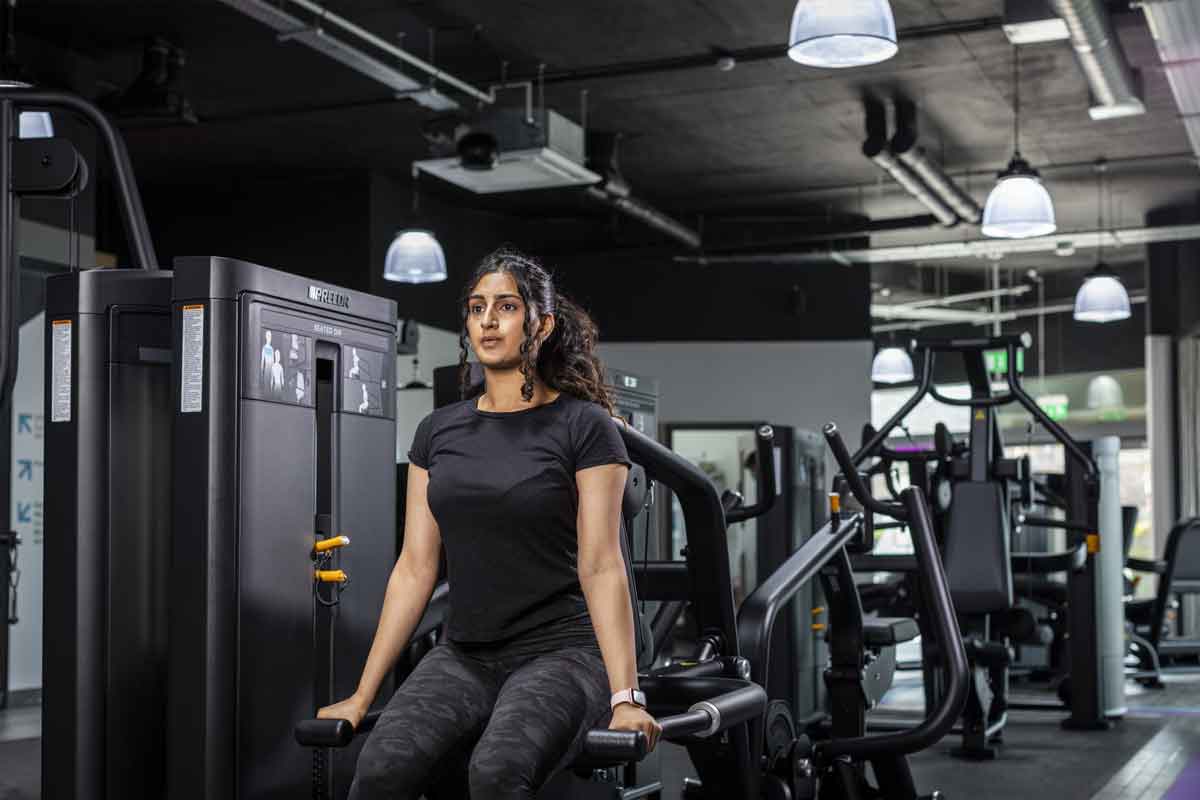
Featured Supplier

Property & Tenders
Company: Knight Frank
Company: Belvoir Castle
Company: AVISON YOUNG
Company: London Borough of Bexley
Company: Forestry England














